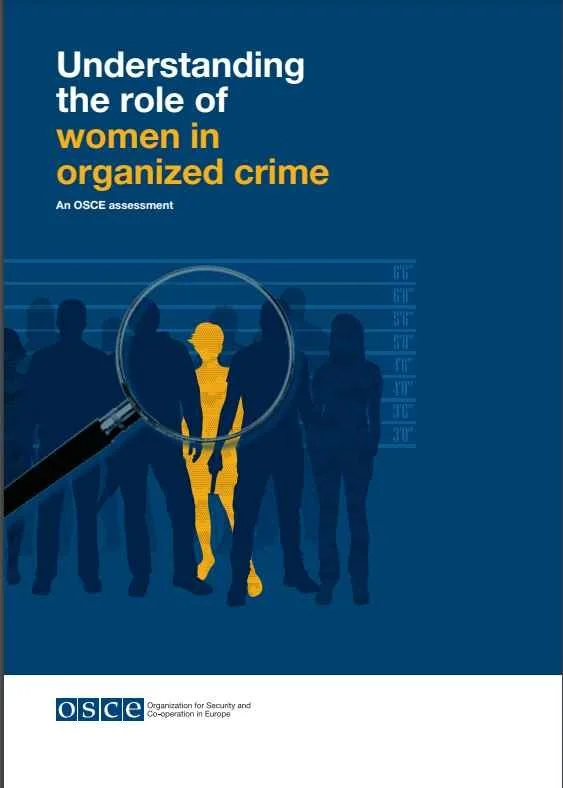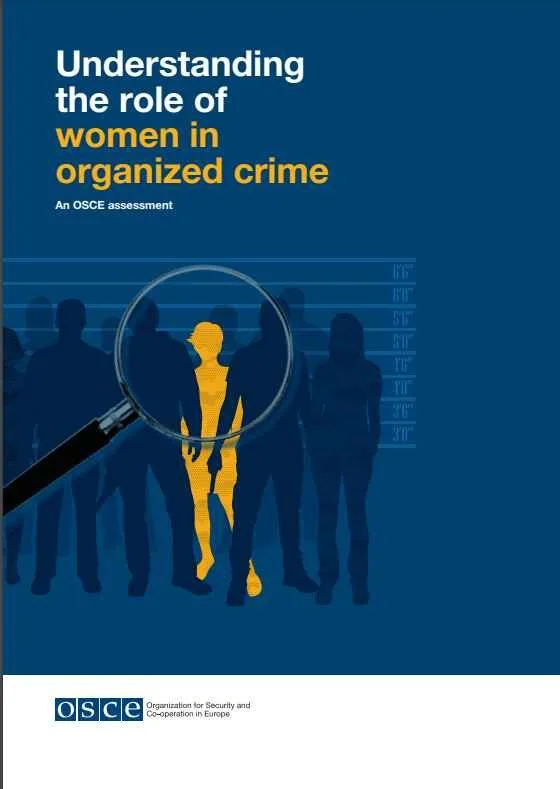By The Organization for Security and Co-operation in Europe
The Organization for Security and Co-operation in Europe (OSCE) is proud to release a practical resource designed to empower law enforcement officers, prosecutors, and stakeholders in tackling cryptocurrency-related crimes. The guide "Decoding Crypto Crime: A Guide for Law Enforcement" simplifies complex concepts like blockchain technology and virtual assets, offering best practices for investigating common crypto crimes such as investment scams, extortion, and phishing.
It provides actionable steps for collecting critical evidence, interacting with Virtual Asset Service Providers (VASPs), and utilizing blockchain analytics tools. Recognizing the challenges victims face, the guide also offers support strategies and emphasizes the importance of cross-jurisdictional collaboration. While not exhaustive, this guide serves as a foundational tool to bridge the knowledge gap and enhance law enforcement’s ability to navigate the rapidly evolving world of crypto crime. Download the guide today to strengthen your capacity to combat digital financial crime and ensure a safer digital landscape.
Prague: OSCE, 2025. 64p.




